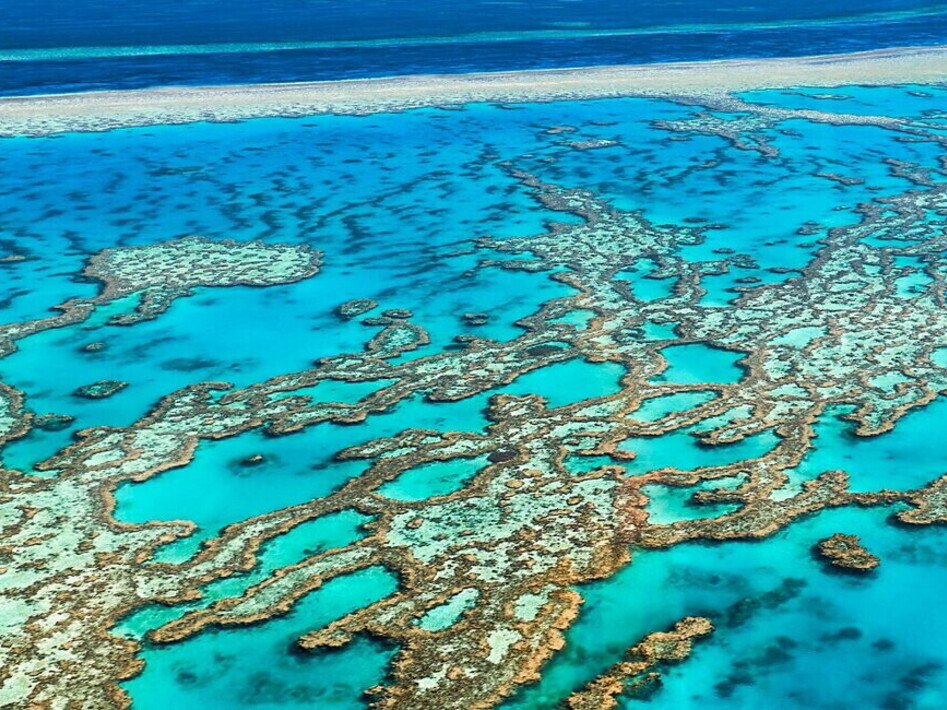Coral reefs, 14% of corals lost
12 October 2021

Coral reefs are home to around 25% of all marine species, protect and ensure the well-being of the coastline and provide food and economic support to hundreds of thousands of people. Unfortunately, the health of this very important ecosystem is declining: from 2009 to 2018, the world lost 14% of its corals. Although coral reefs occupy only 0.2% of the sea, they are home to at least a quarter of all marine species and their disappearance would cause major damage.
The sixth report, ‘Status of Coral Reefs of the World: 2020″, presented a few days ago by the Global Coral Reef Monitoring Network (GCRMN), the International Coral Reef Initiative (ICRI) and the Australian Institute of Marine Science (AISM), provides the most detailed scientific description to date of the impact of high temperatures on coral reefs. This study, funded by the United Nations Environment Programme (UNEP), the governments of Australia, Monaco and Sweden and the Fondation Prince Albert II de Monaco, is the largest analysis of global coral reef health ever undertaken. This is an immense project, based on data collected over 40 years in 73 countries, with a total of 12,000 sites analysed by more than 300 scientists through 2 million individual observations. Analyses were based on live coral cover, which indicates the health of the reef, but also on the presence of algae, a very significant indicator of coral stress. It should be remembered that coral reefs are the result of a mutualistic symbiosis between coral polyps, or madrepores, and zooxanthellae, microscopic unicellular algae.
Coral reefs around the world are under relentless stress due to warming caused by climate change and other local pressures such as overfishing, unsustainable coastal development, tourism and declining water quality. Since 2009 we have lost more corals, worldwide, than all the corals living in Australia. However, the report also found that many coral reefs are still resilient and, if conditions permit, will be able to recover, but it is important that mitigation measures are taken now so that the negative trend presented in the report can be reversed.


